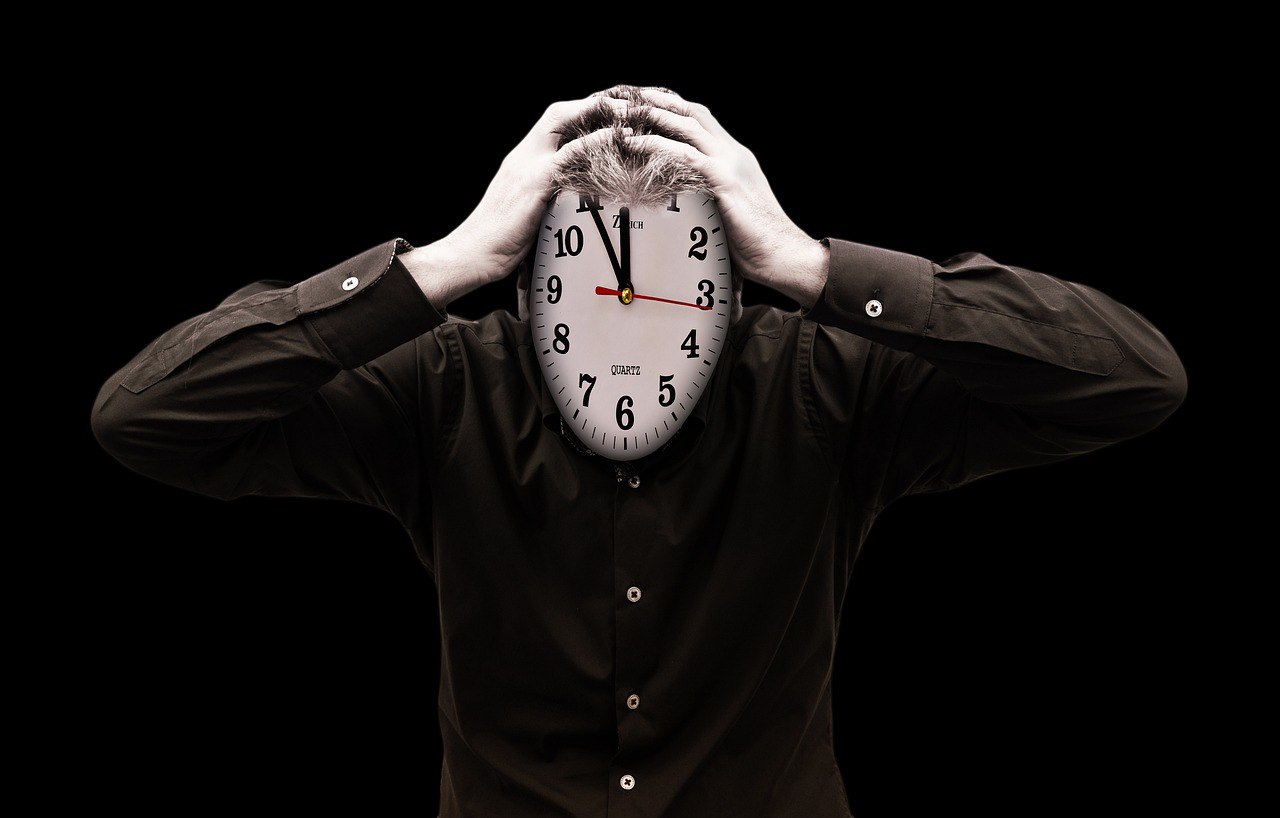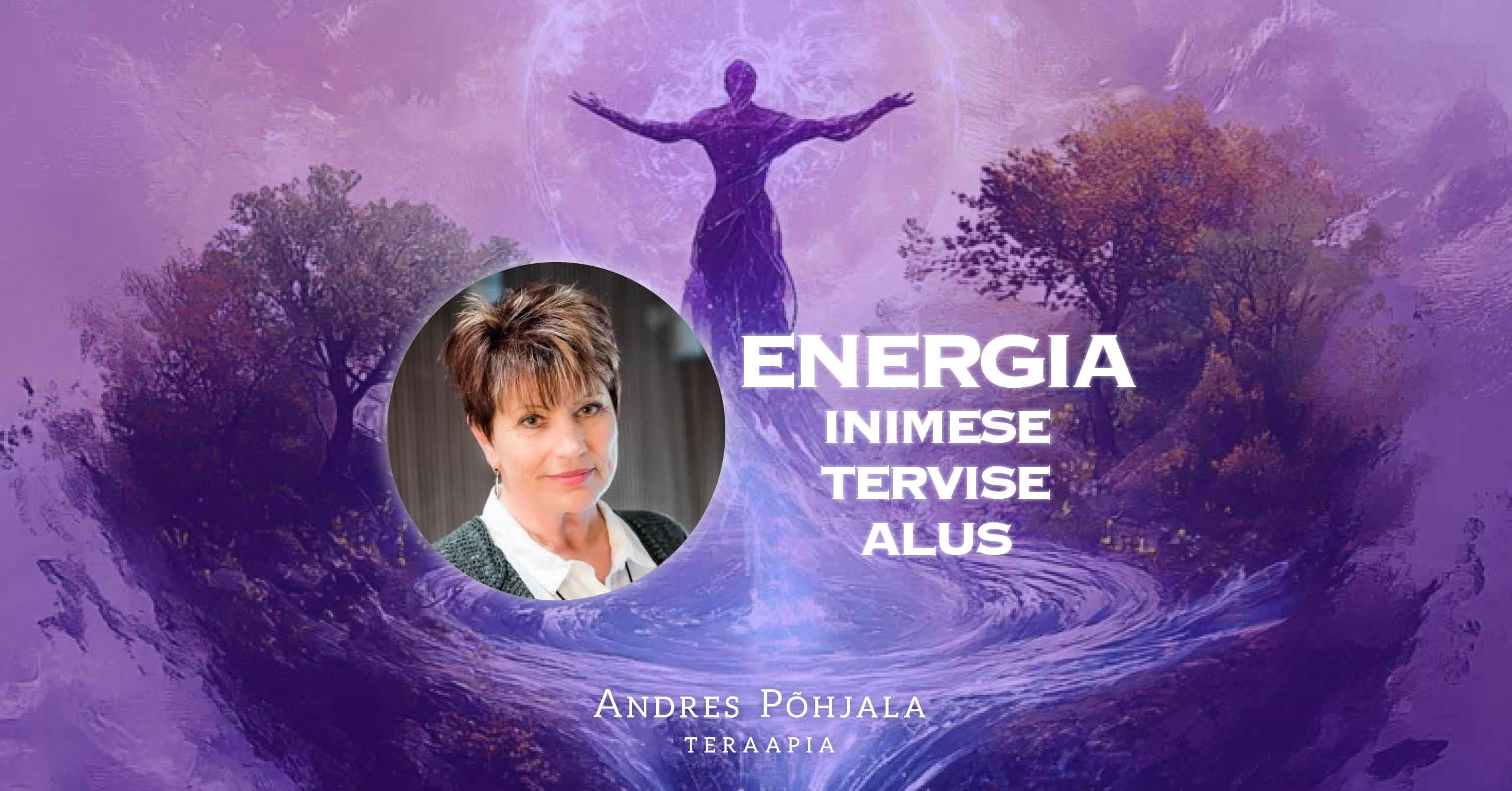Anxiety disorder is a mental disorder in which a person feels unreasonable, excessive or prolonged anxiety that interferes with their daily life and coping.
Mental symptoms: restlessness, inability to relax, constant feeling of tension, worry, concentration difficulties, fear of losing control over oneself, fear of death, feeling of unreality, irritability, sleep disorders, perfectionism, desire to control one's own or others' behavior, strong and unreasonable fear of a situation or object, suddenly occurring flashbacks and nightmares, repetitive thoughts or behavior patterns
Physical symptoms: Shortness of breath, palpitations and rapid pulse, high blood pressure, body tremors or shaking, sweating, suffocation, nausea, stomach upset, dizziness, numbness, hot and cold flashes, mild diarrhea, loss of appetite/eating, flushing, flushing, headache, chest pain, tremors, soft feet, itchy skin, dry mouth
There are many types of anxiety disorders such as health anxiety, social phobia, generalized anxiety disorder, panic disorder, agoraphobia, post-traumatic stress disorder, obsessive-compulsive disorder, phobia, etc. The symptoms of these disorders can vary depending on the cause, severity, and duration of the anxiety.
Social Anxiety:
Before a big party or event, you feel nervous and worry that people will judge you or think badly of you.
Social anxiety is the worry about how other people will see or judge you.
Worrying about the future:
You can't stop thinking about what could go wrong in the future, even if you don't have a specific reason for it. This anxiety comes from imagining and worrying about future events.
Panic disorder:
Panic disorder is an anxiety disorder that causes sudden and intense panic attacks. These attacks can be associated with intense fear and anxiety, and can also be triggered by places or situations where the person has previously experienced panic. You may feel like something very bad is about to happen, even though it's not actually evening.
They may experience a panic attack when they are in a crowded mall because they feel trapped and scared. Their heart starts beating fast, they breathe heavily and may feel like they can't escape. Even if they know that their fear is unreasonable, they cannot control the panic.
Agoraphobia:
Agoraphobia is an anxiety disorder in which a person fears places or situations from which escape may be difficult or from which help may not be available.
You feel anxious when you have to go to large crowded places, such as a shopping mall or public transport. You may even avoid these places and prefer to stay at home where you feel safe.
General Anxiety Disorder (GAD):
Explanation: GAD is an anxiety disorder in which a person experiences constant and uncontrollable anxiety and worry about various situations in everyday life.
A person who constantly worries about the future, work, family and health. They cannot concentrate on any task because they are constantly overwhelmed by worries, even if there are no specific problems.
Health anxiety:
Health anxiety is a condition where a person is constantly worried about their health and may interpret normal physical symptoms as dangerous.
Could the author be called a hypochondriac? To begin with, the term hypochondriac was considered quite derogatory and stigmatizing. But it was also too broad a term. Now, instead, there are two mental health conditions: somatic symptom disorder and illness anxiety disorder (somatic symptom disorder and illness anxiety disorder).
When someone experiences health anxiety, for example, they may feel a slight headache and immediately begin to think that they may have a serious illness, such as a brain tumor. They may constantly look to doctors for confirmation of their fears, even though there is nothing medically wrong.
1) Worry about having or getting a serious illness.
2) Somatic symptoms (such symptoms can be fatigue, weakness, pain, breathing difficulties, etc.) are absent or, if they are present, they are only of weak intensity. If another medical condition is present or there is a high risk of developing a medical condition (e.g. there is a strong family history), this concern is clearly excessive or disproportionate. High anxiety about health and a person easily becomes worried about his personal health condition.
3) The person excessively engages in health-related behavior (e.g. repeatedly checks his body for signs of illness) or avoids maladaptive avoidance - e.g. avoids doctors' appointments and hospitals.
4) Worry about the disease has been present for at least six months, but the specific disease that is feared may change during this time. Illness preoccupation is not better explained by another mental disorder, such as somatic symptom disorder, panic disorder, generalized anxiety disorder, body dysmorphic disorder, obsessive-compulsive disorder, or delusional somatic disorder.
Jonathan S. Abramowitz, PhD, professor of psychology and neuroscience at the University of North Carolina at Chapel Hill and an expert on obsessive-compulsive disorder: “Instead of thinking that hypochondriacs just want all the attention of doctors, no—these are people who have legitimate concerns for his body and illnesses. They don't make this stuff up. They notice the bodily sensations they are concerned about. Body sensations do not necessarily mean that something is wrong, but some people notice them and react to them. And they have catastrophic fears and beliefs, just like people with other anxiety disorders like panic, OCD, and the like."
PTSD (Post Traumatic Stress Disorder):
PTSD is an anxiety disorder that can occur after a traumatic event such as war, natural disaster, robbery or accident. This is the most common approach, but post-traumatic stress disorder can be caused by any person who is in a continuous tension and stress situation and in a situation that is difficult for his psyche. reliving that can continue long after the event.
When a person has experienced something that is unacceptable to his psyche, that he cannot work through, or that he is alone in without support, it is a trauma experience. A person may experience nightmares, recurring spinning memories and anxiety when an event, person, place, situation, smell or other triggering factor reminds them of what they have experienced. It is an anxiety disorder that can occur after a traumatic event and cause intense stress reactions that have a lasting impact on a person's daily life. Living in a constant state of stress makes it difficult for a person to cope with daily life tasks and relationships. Difficulties arise both in private life and in the work environment.
For example, after a traffic accident, a person may suffer from PTSD. Even months or years later, they may have anxiety and fear of getting behind the wheel of a car. They may feel panic when they hear strange noises in the traffic or drive in the same place where the accident happened. This anxiety can affect their ability to drive normally and severely interfere with their daily life.
Obsessive Compulsive Disorder (OCD):
OCD is an anxiety disorder in which a person suffers from repetitive compulsive thoughts that lead them to perform repetitive compulsive behaviors or rituals to reduce anxiety, even if the behaviors are illogical.
Imagine a person with OCD who has an obsessive fear of contamination. Every time they touch something, they feel the need to wash their hands repeatedly and thoroughly. They may spend hours a day doing this ritual, even if it interferes with their daily life and work.
Phobia:
A phobia is an anxiety disorder in which a person experiences intense fear and anxiety about a specific object or situation that is not actually dangerous.
One of the most common phobias is spider phobia. A person with a spider phobia may feel unreasonable fear and anxiety every time they see a spider. They may even avoid places where spiders might be, such as basements or gardens, to avoid exposure to this fear factor.



